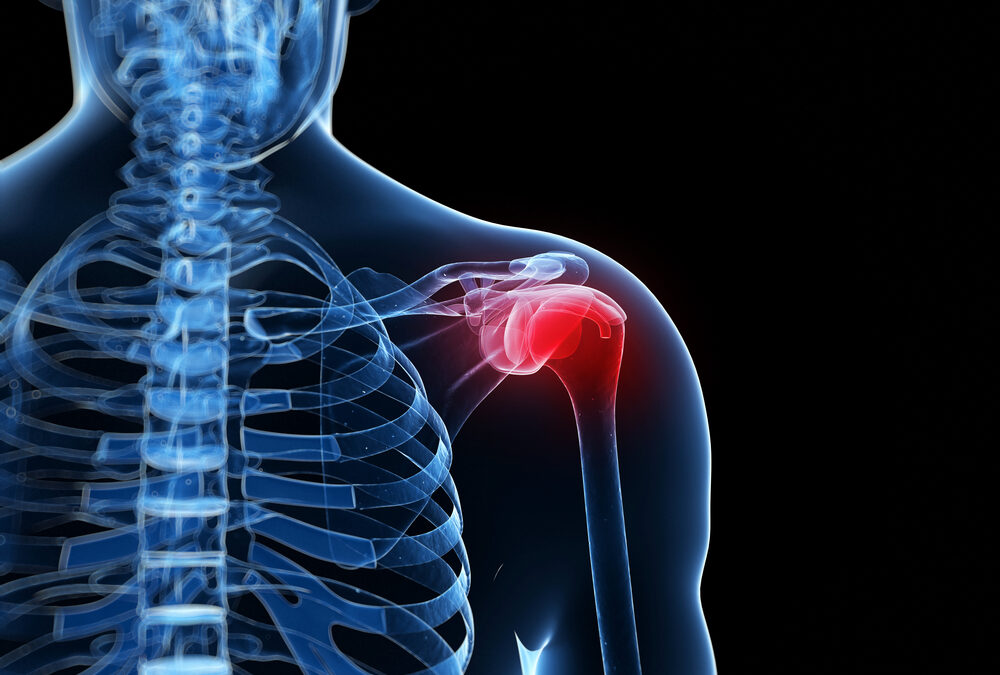About the injury
Rotator cuff tears are one of the most common injuries to the shoulder, one that millions of people suffer from each year. While the severity of the tear may vary greatly from injury to injury, it’s nearly impossible to escape some level of discomfort or disability with an injured rotator cuff.
The rotator cuff is a group of four tendons and muscles that converge around the shoulder joint. When a rotator cuff is injured, any of the fours tendons in the area may be affected, but the most commonly affected is the supraspinatus tendon.
A tear to the rotator cuff can be partial or complete. A complete tear—the most severe type—is essentially a hole in the rotator cuff. A partial tear is classified as anything less than a complete tear.
Symptoms of rotator cuff tears can vary greatly. Some people experience pain and weakness only while sleeping or lifting heavy objects. In full thickness rotator cuff tears, pain may not be a symptom at all. Most of the time, however, an injury to the rotator cuff will result in weakness and pain while doing even the simplest daily tasks like brushing your teeth or driving your car.
Treatment options
The most commonly asked question regarding rotator cuff tears is: “Will it heal without surgery?” Unfortunately, rotator cuff injuries do not typically heal on their own. In fact, not treating an injury of this type may make it worse, resulting in more pain and, often, a larger hole in the tendon.
It’s important to consult a shoulder specialist if you have a rotator cuff injury. The doctor will evaluate different aspects of your lifestyle—such as level of activity, health, and medical history—as well as your age and the severity of your injury to determine the best treatment options for you.
If you do opt for nonsurgical treatment of the injury, your doctor may recommend one or more of the following:
- Rest, such as limiting overhead activities
- Avoiding activities that cause shoulder pain
- Non-steroidal anti-inflammatory drugs such as ibuprofen
- Physical therapy to restore movement, strength, and flexibility to the joint
- Steroid injections of an anesthetic and steroid into the joint to reduce inflammation when other measures are unsuccessful
It’s important to note, however, that there are serious drawbacks to avoiding surgical treatment for rotator cuff tears. Those drawbacks include:
- Continued weakness
- Likely possibility of making the tear larger
- Continuing to damage healthy rotator cuff tissue
- Creating a more complex tear that is not ever fixable
Overall, early diagnosis and proper treatment of rotator cuff injuries will lead to a shorter time of disability, quicker healing, and a faster recovery.


Recent Comments